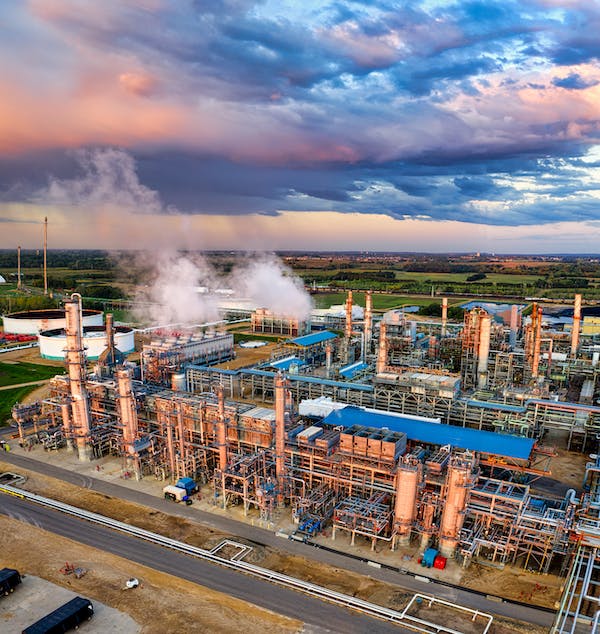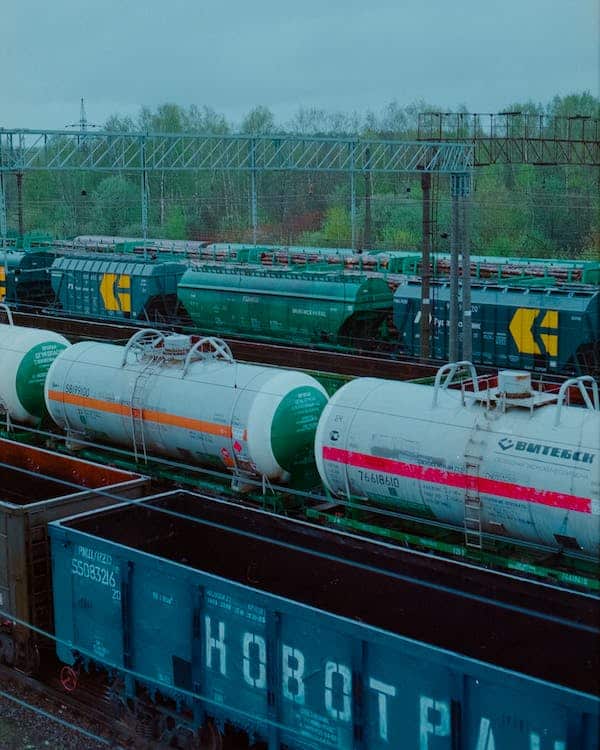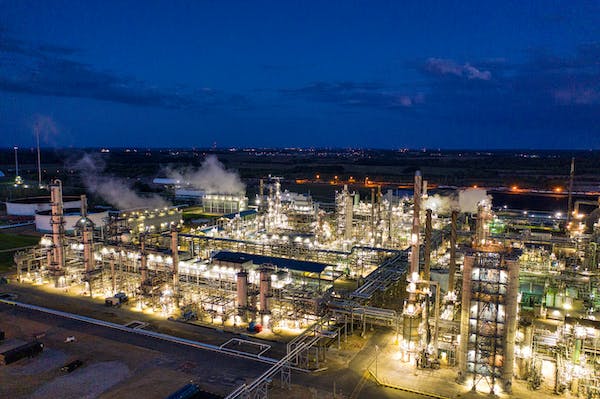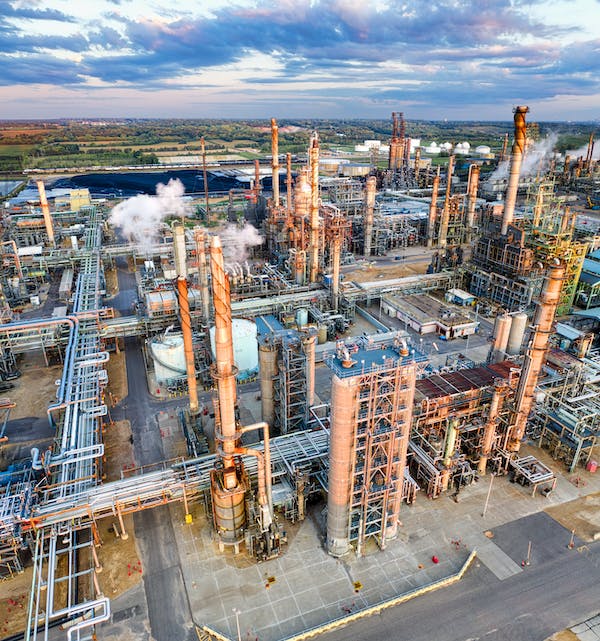Introduction

Youth and The Impact of the Inventions of The Industrial Revolution on Society
Inventions of The Industrial Revolution: The Industrial Revolution was a period of massive socioeconomic and technological change that began in the 18th century. With the advent of mechanization and the shift from agrarian to industrial society, this era brought about unprecedented transformations. In this blog post, we will explore the impact of the Industrial Revolution on youth and society. From the drastic changes in employment to the effects on education, social structures, and culture, we will delve into the profound consequences of this historical period.
Transformations in Youth Employment
Transition from Agrarian to Industrial Society
The Industrial Revolution marked a fundamental shift from rural to urban areas as industries and factories emerged. This transformation brought thousands of young people from idyllic countryside surroundings to crowded cities, seeking opportunities for employment. The sudden influx of people led to overcrowding and the birth of urban slums.
Displacement of Traditional Agricultural Labor
Traditionally, children and young adults played significant roles in agricultural labor. However, the Industrial Revolution altered this dynamic as farming gave way to factory-based industries. Young individuals found themselves uprooted from their familiar agricultural work environments and thrust into the harsh conditions of the industrial workforce.
Rising Demand for Industrial Workers
As industrialization gained momentum, the demand for labor increased exponentially. Young people constituted a substantial portion of this workforce due to their agility, low wage expectations, and limited alternatives. However, this burgeoning demand came at a steep price.
Dangerous and Exploitative Working Conditions
The working conditions during the Industrial Revolution were perilous and exploitative, particularly for the youth. Long hours typified their grueling schedules, with factory owners prioritizing production over worker safety and well-being. The absence of regulations enabled employers to enforce exhausting workloads on young individuals, often working them to the point of physical and mental exhaustion.
Hazards in Factories and Mines
Factories and mines presented numerous hazards, including dangerous machinery and toxic chemicals. Lack of safety protocols and protective gear further increased the risk of accidents and injuries. Young workers were frequently exposed to these hazards, with little to no recourse for their protection.
Impact on Health and Well-being
The relentless working conditions and hazardous environments took a severe toll on the health and well-being of young individuals. Physical injuries, respiratory ailments, and chronic fatigue became prevalent among the workforce. The effects were not limited to physical health; mental well-being suffered as well, with long hours and monotonous tasks taking a toll on the mental resilience of youth.
Influence on Education and Skills
Limited Access to Education
Access to education was severely restricted for youth during the Industrial Revolution. Children were seen as economic assets, and their labor was prioritized over their intellectual and educational growth. Compulsory education laws were nonexistent, contributing to a lack of basic literacy and numeracy skills among young individuals.
Children as Economic Assets
Families often relied on the income generated by their children’s labor to make ends meet. In a time of economic instability, children were seen as indispensable contributors to the household’s financial survival. This economic necessity perpetuated the cycle of limited access to education for youth.
Lack of Compulsory Education Laws
The absence of compulsory education laws perpetuated the cycle of limited educational opportunities for young people. It was not until later reforms that governments recognized the importance of education for the future well-being of society.

Development of Factory Schools
In response to the growing need for skilled workers, factory schools emerged. These establishments aimed to provide basic education and vocational training to young workers. Although they were a step forward in addressing the educational deficit, these schools often prioritized trade-specific skills over a well-rounded education.
Vocational Training and Skill Development
As industrialization progressed, the demand for skilled workers increased. Apprentice programs became prevalent, offering young individuals the opportunity to learn trade-specific skills. Basic literacy and numeracy still played a significant role in these programs, as they formed the foundation for acquiring technical skills.
Learning Trade-specific Skills
The emphasis on vocational training during the Industrial Revolution shaped the value of trade-specific skills. Young people had to acquire practical knowledge, enabling them to contribute to the expanding industries. This trend laid the groundwork for a workforce that relied heavily on specialized expertise.
Social Changes and Challenges Faced by Youth
Family and Community Structures
The Industrial Revolution brought about significant changes in family and community structures. With the rise of industrial wage labor, households shifted from self-sufficient production to reliance on income from outside sources. This transformation altered familial roles and dynamics, leading to new relationships and social complexities.
Shift from Household Production to Wage Labor
The transition from household production to wage labor disrupted the traditional balance of labor within families. Previously, families worked together on farms or in cottage industries. However, the rise of factories and industrial work forced households to adapt to new wage labor structures, with young individuals becoming significant contributors to family income.
Impacts on Family Dynamics and Roles
The increased reliance on young individuals for income generation shifted traditional family dynamics. Child labor replaced the traditional roles of children as learners or apprentices within the household. This shift challenged the established power dynamics and saw children and young adults taking on adult responsibilities prematurely.
Formation of New Social Relationships
The arrival of young workers in cities led to the formation of new social relationships. As rural communities were left behind, urban areas became melting pots of diverse cultures and backgrounds. This convergence fostered social connections and the exchange of ideas, which later contributed to social reform movements.
Child Labor and Exploitation
Child labor emerged as a distressing consequence of the Industrial Revolution. Economic necessity forced children into harsh working conditions, often with little regard for their well-being or physical and mental development.
Economic Necessity and Child Labor Laws
Child labor was a result of economic necessity, as families relied on the income generated by their children. However, these circumstances soon sparked discussions around the rights of children and led to the implementation of child labor laws in subsequent years.
Impact on Physical and Mental Development
Child labor took a toll on the physical and mental development of young individuals. It deprived them of a normal childhood and educational opportunities essential for growth and social mobility. The strenuous and hazardous working conditions led to stunted physical development and psychological trauma.
Reform Movements and Social Activism
The injustices witnessed during the Industrial Revolution gave rise to reform movements and social activism. Advocates fought for the rights of young workers, leading to legal changes and improved working conditions. The voices of social reformers echoed through the era, bringing attention to the plight of young individuals and initiating much-needed change.
Cultural and Intellectual Shifts
Impact on Leisure and Recreation
The Industrial Revolution brought about significant changes in leisure and recreation for young people. The shift from rural to urban areas led to a decline in traditional pastimes centered around nature and outdoor activities. Instead, the emergence of factories and mass entertainment reshaped social interactions and cultural practices.
Influence on Art and Literature
Art and literature during the Industrial Revolution were deeply influenced by the rapid transformations occurring in society. Paintings and novels depicted the struggles of the working class, shedding light on the harsh realities they faced. This artistic expression became an essential medium for social critique and commentary.
Emergence of Mass Entertainment
The Industrial Revolution marked the birth of mass entertainment. The proliferation of leisure time among young individuals led to the emergence of theaters, music halls, and other forms of popular entertainment. This newfound source of amusement offered an escape from the hardships of everyday life and reflected the changing cultural landscape.
Changes in Social Interactions
The industrial workforce brought individuals from diverse backgrounds together, fostering new social interactions and networks. Social class divisions began to blur as urban environments created opportunities for social mobility. These changes set the stage for the development of a more interconnected and diverse society.
Technological Advancements and Innovation
Technological advancements during the Industrial Revolution revolutionized communication and transportation, impacting young people’s lives in various ways. The advent of the steam engine, telegraph, and railways ushered in an era of connectivity and accessibility.
Impact on Communication and Transportation
The improvements in communication and transportation dramatically transformed society and the lives of young individuals. Communication became faster and more efficient, allowing ideas to spread and contributing to intellectual and cultural exchange. The development of railways facilitated the movement of people and goods across vast distances, further influencing social and economic dynamics.
Access to Information and Knowledge
Technological advancements not only improved communication but also expanded access to information and knowledge. The printing press and advancements in publishing made books and other sources of information more accessible to young individuals. This access to ideas and knowledge played a significant role in shaping future generations.
Shaping Future Generations
The impact of the Industrial Revolution on young people extended far beyond their own lives. The advancements and innovations from this era laid the foundation for subsequent generations. The accessibility of knowledge and the development of critical thinking skills became increasingly important as society progressed.

Summary
The Industrial Revolution had a profound impact on youth and society. The transformation of employment, education, social structures, and culture shaped the lives of young individuals during this era. From dangerous working conditions and limited access to education to the emergence of new social relationships and cultural shifts, the consequences of this historical period can still be felt today.
Long-term Effects on Society and Subsequent Generations
The Industrial Revolution’s legacy endured long after the era itself came to a close. It triggered significant social and economic reforms, leading to improved working conditions and the recognition of children’s rights. The focus on education and skill development laid the groundwork for the future workforce, shaping industries and technology for years to come.
Reflection on Lessons Learned
The Industrial Revolution serves as a stark reminder of the consequences of unchecked progress and exploitation. It is a testament to the importance of protecting the rights and well-being of young individuals. The lessons learned during this era continue to shape our approach to social justice, education, and the value we place on the dignity of labor.

FAQs
A. How did the Industrial Revolution affect children’s rights?
The Industrial Revolution had a direct impact on children’s rights, as economic necessity led to their exploitation through labor. However, it also sparked discussions and reform movements that resulted in the recognition and protection of children’s rights.
B. What were the consequences of child labor during the Industrial Revolution?
Child labor during the Inventions of The Industrial Revolution had severe consequences on physical and mental development. It deprived children of a normal childhood, stunted their growth, and left lasting impacts on their well-being.
C. Did the Industrial Revolution lead to any positive changes for youth?
While the Inventions of The Industrial Revolution brought about numerous challenges and hardships for young individuals, it also led to positive changes. The movement for improved working conditions and child labor laws marked a turning point in the recognition of children’s rights.
D. How did the Industrial Revolution shape the role of education in society?
The Inventions of The Industrial Revolution highlighted the importance of education for societal progress. It led to the development of vocational training programs and factory schools, emphasizing the need for basic literacy and numeracy skills.
E. What influence did the Industrial Revolution have on cultural practices and beliefs?
The Inventions of The Industrial Revolution brought about significant cultural shifts, impacting leisure, art, literature, and social interactions. Traditional practices and beliefs gave way to new forms of entertainment and social connections, reflecting the changing social and economic landscape.
The Inventions of The Industrial Revolution stands as a testament to the transformative power of human ingenuity. While it paved the way for progress and advancements, it also highlighted the need for ethical considerations and the protection of the well-being and rights of youth. By acknowledging the lessons learned from this era, we can strive for a better future that balances technological advancements with social responsibility.

